RMB Rallies 900 Points Against Declining Dollar Trend
The renminbi exchange rate surged dramatically within just a few hours, jumping from 7.27 yuan per dollar to 7.205 yuan per dollar, leaving many astonished by this startling move.
Meanwhile, the dollar has deflated like a punctured balloon, continuing to decline, which has had a ripple effect on the American technology stocks that now also appear weak. You may wonder, how can the renminbi appreciate when the People’s Bank of China has just announced a rate cut? What deeper logic lies within this scenario?
The Under Currents of the Financial Market
Republican Trump and Democrat Harris responded promptly and firmly, refusing to yield. Observing their struggles feels like American politics is turning into a scenario reminiscent of the Three Kingdoms.
The current situation is indeed complex, leaving global investors filled with concerns.
At this critical juncture, many international financial institutions have begun to reassess their investment strategies and adjust their asset allocations.
Due to the current instability in both politics and the economy in the U.S., a significant amount of capital has started to exit the American market as investors search for safer havens.
As for the Chinese market, it seems to have gradually risen as an ideal choice in the hearts of many investors.
In this broad developmental context, the renminbi exhibits extraordinary resilience and strength. For example, on the 25th of July, the performance of the renminbi exchange rate was nothing short of magnificent and breathtaking.
In just a few hours, the exchange rate surged from an initial 7.29 to 7.20, soaring nearly 700 basis points, with the cumulative rise even exceeding 900 basis points.
This swift increase has resulted in heavy losses for many investors who shorted the renminbi.
Although there was a subsequent correction, the volatility already underscores the renminbi's appeal in the international market.
Recently, Trump has been frequently signaling, claiming he will adopt a strategy to "weaken the dollar" in hopes of spurring export trade through a lower dollar value.
If this decision is implemented, it would certainly lead to massive outflows of dollar capital from the U.S., thus enhancing global market liquidity.
So, where will this flowing capital go?
Clearly, the Chinese market, with its relative stability and state policy support, has become an attractive destination.
If the renminbi can maintain its strength and even stabilize below 7, it would undoubtedly be great news for investors holding renminbi assets.
The market recovery and return of capital may happen sooner than we anticipate.
National Finances Are Strained
The renminbi surged by 900 points, a potential reason being that the U.S. may soon begin to cut interest rates. Why is the U.S. considering rate cuts now?
A crucial reason is that their national fiscal pressure has become overwhelming; they simply cannot withstand it any longer.
Consider this: the total U.S. national debt has surged to $35 trillion, a staggering figure. They spend over $1 trillion annually just to pay the interest on this debt.
In other words, the U.S. government must allocate approximately 20% of its total fiscal revenue each year to cover interest payments. Under such circumstances, to alleviate this fiscal pressure, the Federal Reserve must contemplate interest rate cuts.
However, while reducing rates may temporarily relieve fiscal strain, it also brings a series of associated problems.
Once the U.S. cuts rates, international investors holding dollar assets will seek alternative investments, hoping to find higher yields elsewhere.
As a result, a massive outflow of capital from the U.S. is likely.
After the capital flows out, the U.S. stock market will face significant impact.
Especially now, the U.S. stock market has already suffered severe shocks, particularly in the artificial intelligence sector, which has been overly inflated; any capital outflow will only worsen the situation.
Moreover, the U.S. government's long-term treasury bonds are struggling to attract buyers too. Just days ago, in a bond auction, not a single bid was successful, indicating a loss of investor confidence in U.S. treasury bonds.
Even Japan, which has historically been a major buyer of U.S. treasuries, is now starting to reduce holdings and even withdraw significant amounts of capital. Japan's withdrawals are ten times greater than those of other countries.
The predictability of the future of global financial markets is decreasing, with the landscape becoming increasingly chaotic. These are the backgrounds and potential cascading effects of the U.S. possibly cutting interest rates.
The decline in U.S. consumer momentum, the outflow of dollars, the challenges in selling treasury bonds, together with the political uncertainties that could arise with Trump's possible return, combine to create a rather bleak economic picture.
American importers are now feeling enormous pressure. If Trump indeed returns to power and implements tariffs as high as 60%, businesses that rely on imports will face severe challenges.
According to basic principles of international trade, such high tariffs will invariably deal a major blow to U.S. importers.
The Renminbi is Likely to Appreciate
The U.S. has traditionally relied on the global dominance of the dollar to accumulate assets worldwide, but it seems this chapter is coming to an end.
With Trump's narrative being revived, U.S. strategy is shifting towards self-reliance, abandoning its previous global leadership role and strong dollar policy.
Countries like Japan and those in Europe, wary of the unpredictability of U.S. policies, are now hesitant to continue massive purchases of U.S. treasury bonds.
Consequently, the issue of U.S. treasury debt might gradually transform into an internal debt problem. One way to address this enormous internal debt is to devalue the dollar, effectively diluting the debt.
In this circumstance, the capital that initially invested in the U.S. market will begin to withdraw. With the dollar depreciation coupled with interest rate cuts, the returns on money held in American banks and stock markets no longer seem appealing.
During this period, capital will start seeking markets that offer greater profitability.
At this moment, it would be wise to direct our attention towards China, which is currently in a low-interest-rate economic cycle.
The benefits of such low interest rates include effectively stimulating public consumption and promoting capital investment. Additionally, as investment costs decline, the price of renminbi assets has become increasingly attractive compared to previous times.
Though the Chinese market faces intense competition and lucrative opportunities are no longer as easy to find, overall, the potential for economic growth in China remains substantial.
The financial sector has opened up completely, and new investment opportunities are emerging in high-tech industries like electric vehicles, autonomous driving, and artificial intelligence.
Therefore, for the renminbi, a gradual appreciation is simply part of its process of returning to its rightful status.
Currently, China is making every effort to advance the construction of a consumption-driven society and hopes to unleash the power of consumption upgrades as a robust engine for sustainable domestic economic prosperity.
Clearly, this developmental trend places clear demands on the gradual appreciation of the renminbi exchange rate, aiming to further enhance the purchasing power of domestic consumers.
If Trump successfully secures reelection in 2024, to fully revitalize the American manufacturing sector, he is likely to implement measures to aggressively devalue the dollar to bolster the competitive edge of U.S. goods in global markets.
Considering all these factors, the renminbi is highly likely to appreciate slowly, with future trends expected to be stable and upward.


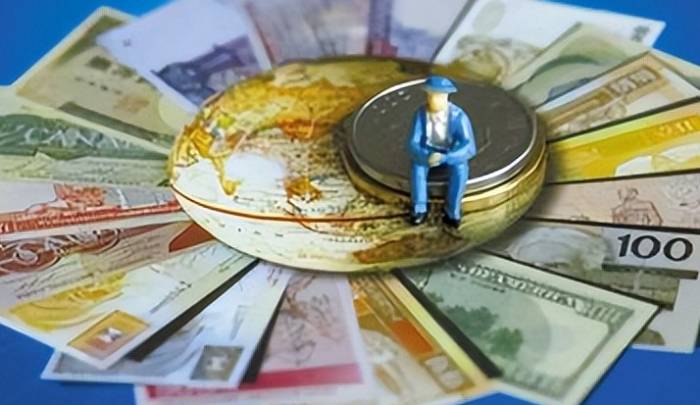



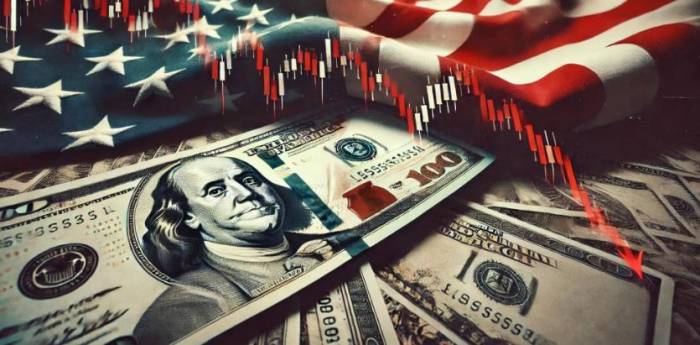

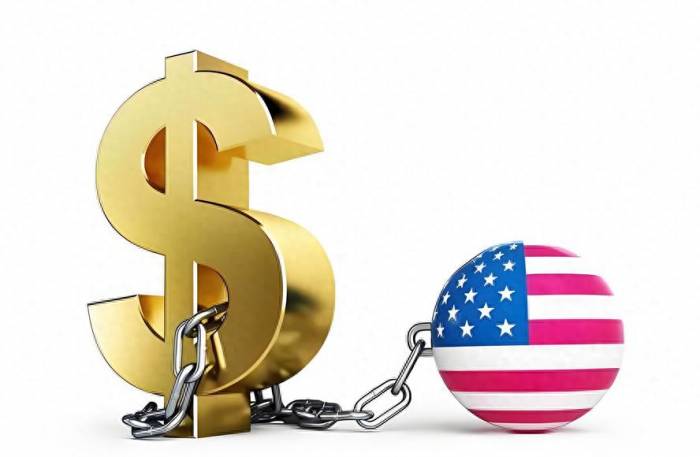

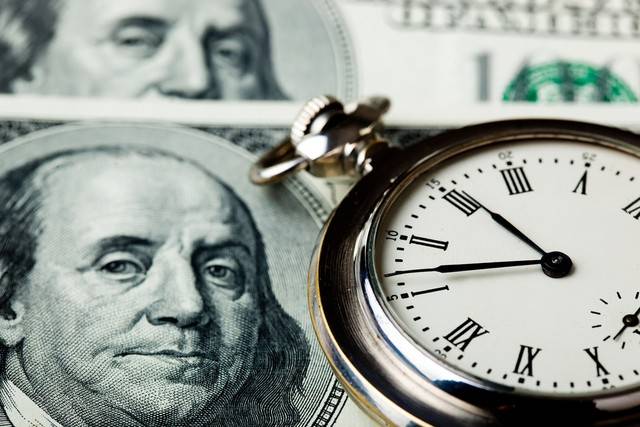




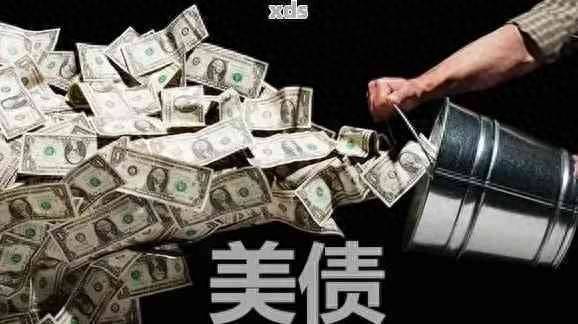
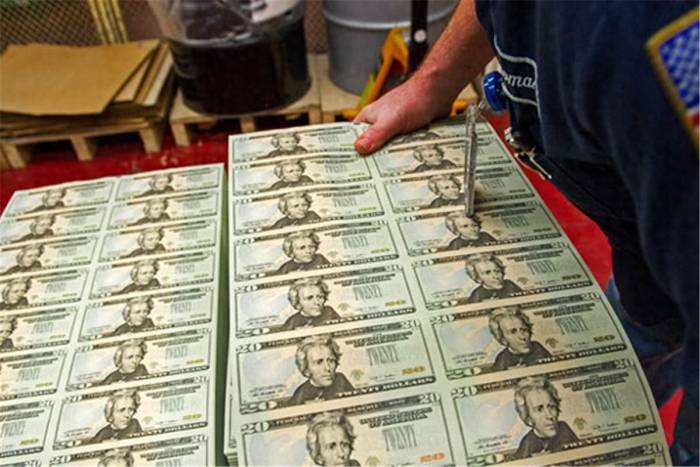
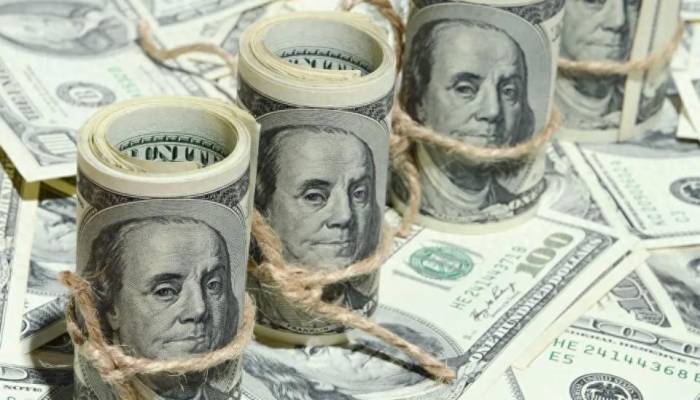

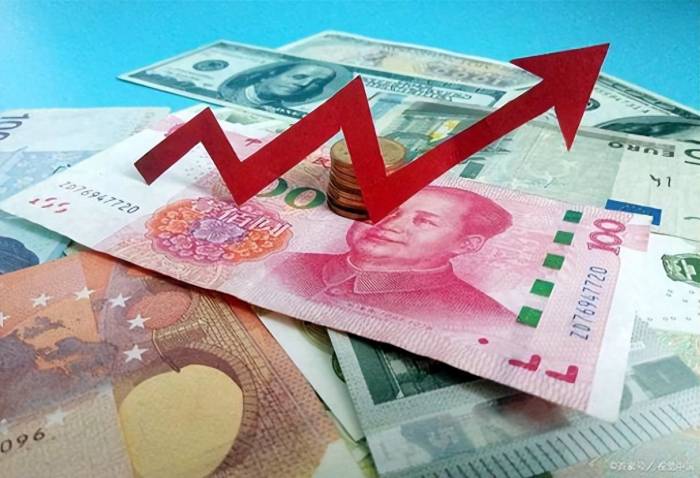


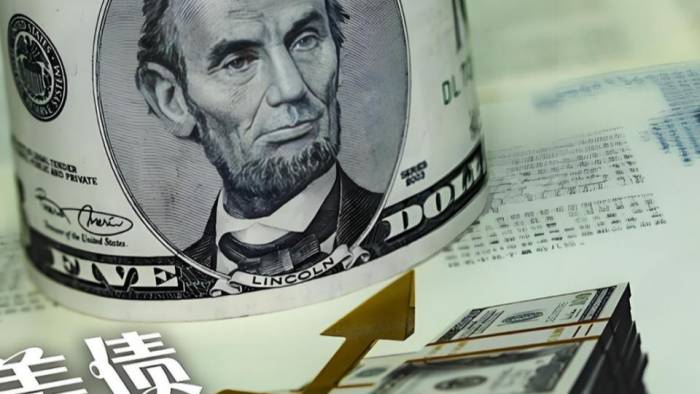

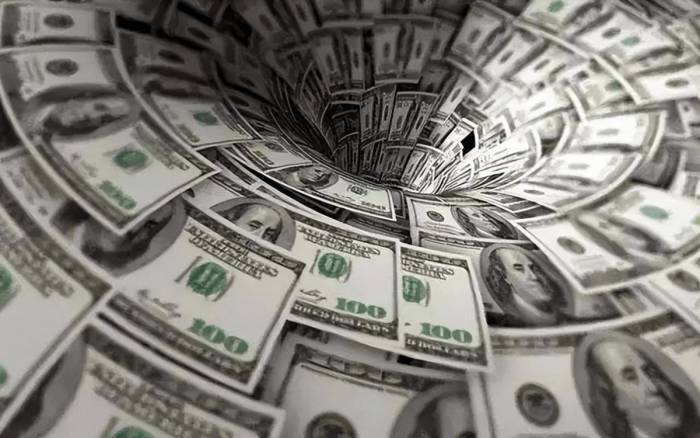





Join the Conversation